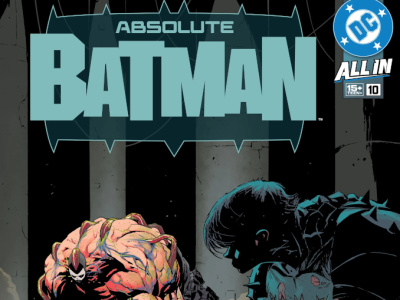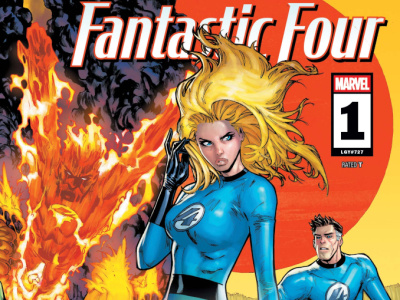In today's market where manga is the fastest-growing element of printed pop culture, how could a company which has published over 50 volumes of Japanese and domestic manga be on the verge of collapse? In a heavily researched article on the Anime News Network, Jonathan Mays details the various and sundry elements which crippled the once promising manga publisher Studio Ironcat. Founded in 1997, Studio Ironcat was an early, if not exactly pioneering, publisher of manga in English, with a promising roster of titles including New Vampire Miyu, Futaba-Kun Change, Crusher Joe, Ogenki Clinic, Ren-Ai, How to Catch an Angel, Di Gi Charat, No Bra, and Hanauko Maid Team. In addition to these Japanese titles, Ironcat also published top local talent in the monthly anthology AmeriManga as well as Fred Gallagher's popular MegaTokyo (which has since moved to Dark Horse, see 'It's Official, Megatokyo to Dark Horse'). Given the current boom in manga sales and Ironcat's financial backing from artist Masaomi Kanzaki, why is Ironcat virtually dead in the water today?
The answer, according to Mays' detailed report, lies in a tangled web of embezzlement (apparently by one of the company's Japanese founders) and exploitation of employees, whose enthusiasm for the material led them into situations where they worked as unpaid 'interns,' and eventually had their wages withheld when the company fell on financial hard times. Ten employees resigned from Studio IC (the company was forced to change its name when Masaomi Kanzaki pulled out) between May and August of 2003, and six employees filed wage claims against Studio IC with the Virginia Department of Labor and Industry. So far two of the six employees have received their back pay. The future of the AmeriManga anthology and Studio Ironcat's other titles remains in doubt -- a testament to the difficulties of publishing and the perils of mismanagement even in so-called 'boom times.'







